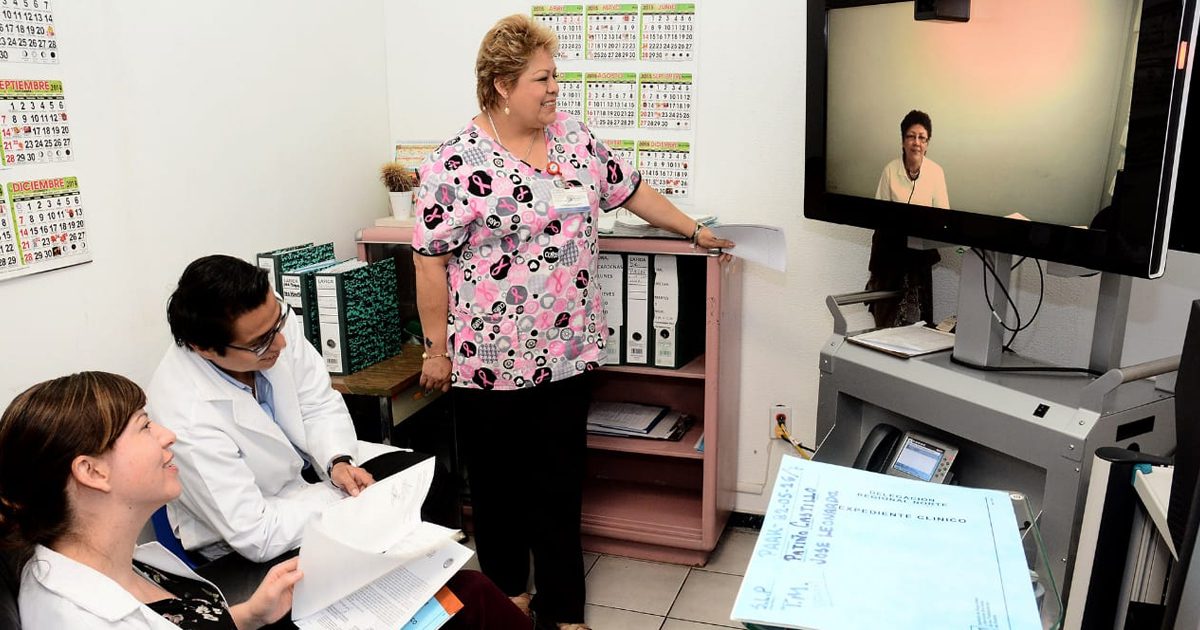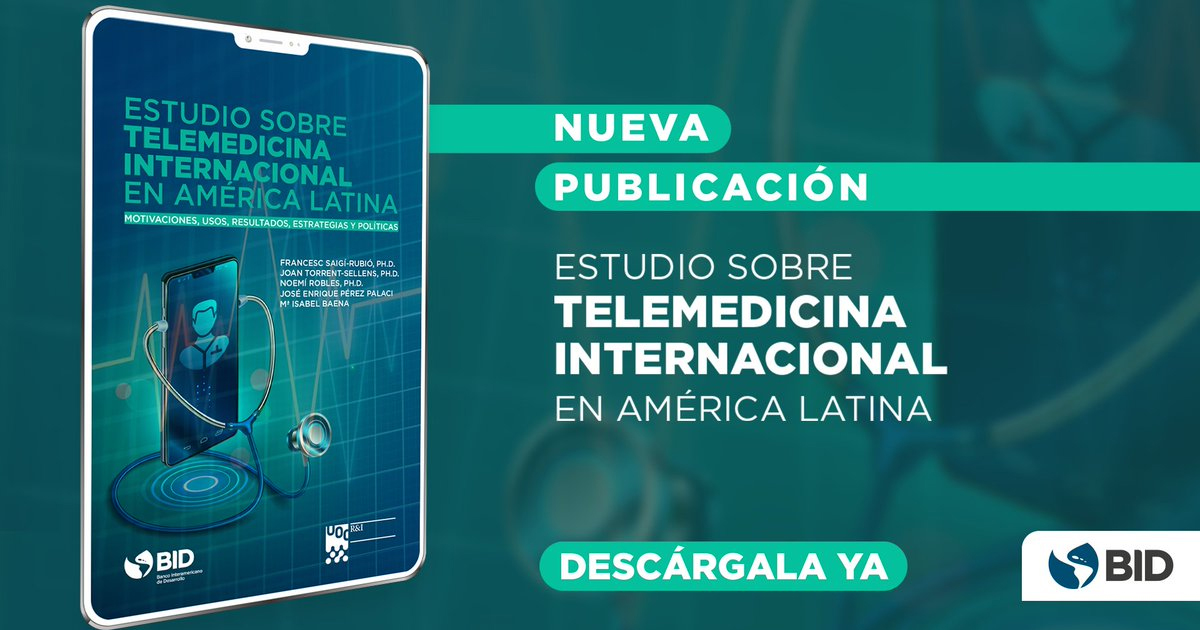The Inter-American Development Bank (IDB) conducted a study on the telemedicine frameworks of 26 countries in Latin America and the Caribbean.
The IDB study showed the disparate advances in telemedicine regulations in Latin America and the Caribbean. For this they developed a evaluation instrument that represent a step towards a solid regulatory framework, which includes five levels, basic, development phase, advanced, optimal and consolidated. In this sense, only two of the 26 countries studied exceed the 50% level of regulatory maturity.
34,61% of the countries are at level 1, 46,15% at level 2 and 19,23% at level 3. The IDB explained that no country reached total scores that place them at level 4 or 5.
In this sense, the IDB reported that only 13 of the countries studied have regulations in force, highlighting, for example, the case of Uruguay, which through Law 19,869, made it possible for the government to establish the guidelines to implement and develop the provision of telemedicine services in the country.
Another case is that of Panama, the Central American country approved the Law 203, to develop and implement telehealth as a strategy for decongesting hospitals during the pandemic. As well as to strengthen remote monitoring of patients.
Peru is also one of the countries with the greatest progress in telemedicine regulatory frameworks. The Law 30,421 approved in 2021, establishes the guidelines for the implementation and development of telehealth services throughout the country.

This law determines principles of universality, equity, efficiency, service quality, decentralization, and social development, which are important not only for the development of telehealth, but also for other public health strategies.
Argentina, for its part, has the Law 27,553, which is focused on the regulation of electronic or digital prescriptions.
On the other hand, the IDB recognized Peru, Panama and Colombia as the countries with the greatest progress in terms of governance in telemedicine, by including telemedicine in national health plans and/or strategies. As the l Technical Document National Telehealth Plan of Peru; the 2021 Digital Agenda of Panama; and telemedicine within the Colombian National Health Strategy.
Likewise, only five countries comply with a degree of progress in terms of human rights and transversal to telemedicine: Uruguay, Peru, Panama, Paraguay and Colombia.
In the following link you can check the level of progress in each country of the region: https://socialdigital.iadb.org/en/sph/dashboard
Similarly, in the following link you will find the full document on the IDB study: https://publications.iadb.org/es/marco-normativo-de-telemedicina-estado-actual-y-tareas-pendientes





